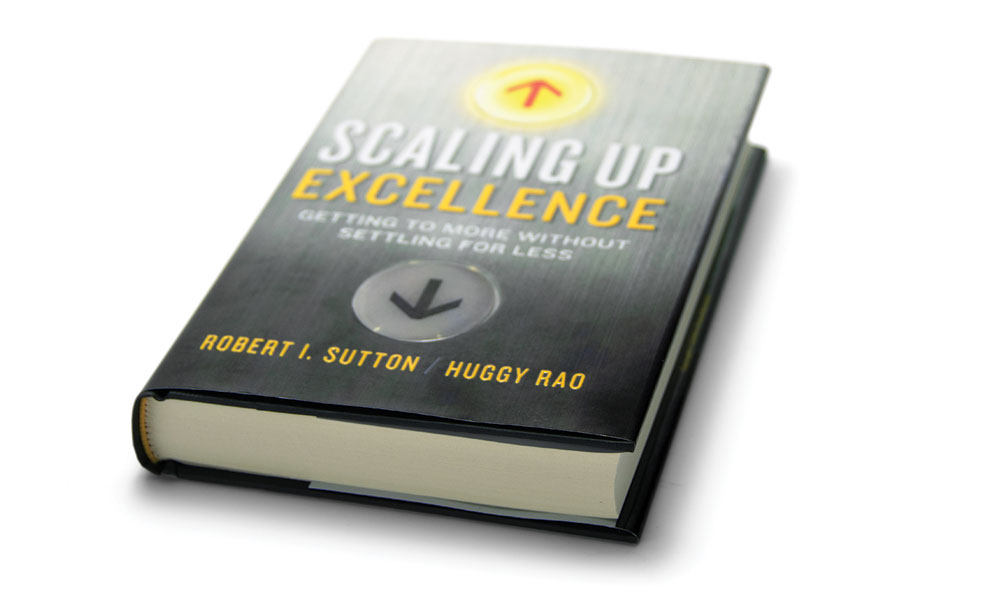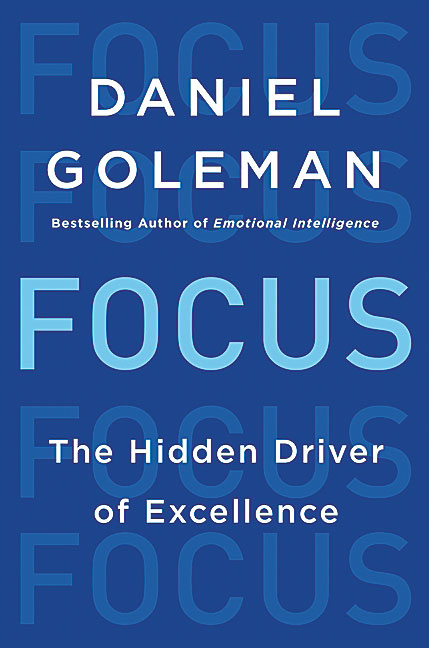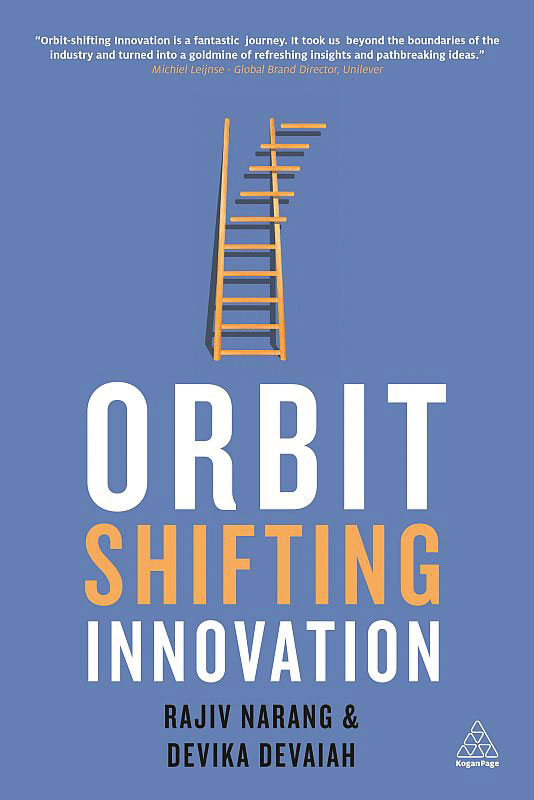
Books: Get to More By Scaling Up Excellence
A step-by-step guide to scaling up your organization's excellence.
Scaling Up Excellence: Getting to More Without Settling for Less
By Bob Sutton and Huggy Rao; Crown Business; 368 pages; $26
nearly every organization can point to small “pockets” of excellence: teams, partnerships, or projects that seem to always achieve greatness. Imagine if your entire organization could do that. That’s the potential of scaling.
Surprisingly few books are dedicated to the tricky art of step-by-step scaling in an upward direction, perhaps because recession-weary minds have instead pondered the reverse. Fortunately, that how-to paucity changes with Scaling Up Excellence: Getting to More Without Settling for Less.
After seven years of research and interviews, Bob Sutton and Huggy Rao share nearly 400 pages of insider tales illustrating effective scaling by such powerhouses as Twitter, Kaiser Permanente, Salesforce.com, and even the Girl Scouts.
Of particular relevance to associations among the book’s 11 key takeaways may be the need to address the “problem of more” (the tendency to add rather than delete organizational elements), to “slow down to scale faster and better later,” and to “fear the clusterfug”—a G-rated term for the “terrible trio” of impatience, incompetence, and illusion.
Leaders also will find new thinking in the chapter “Buddhism Versus Catholicism: Choosing a Path,” which asks them to determine whether their goal is to “replicate preordained design beliefs and practices” (Catholicism) or to examine “underlying mindset guides regarding why people do certain things but the specifics of what they do can vary wildly” by person or place (Buddhism).
“Managing that tension … shapes key events and leads to success or failure,” write the authors. A meaty book for CEOs and senior staff to work through together.
Focus: The Hidden Driver of Excellence
By Daniel Goleman; Harper Books; 311 pages; $28.99
the former New York Times science journalist who popularized “emotional intelligence” in the workplace turns his attention to another professional and personal quandary: how to stay focused so we can learn, analyze, and get stuff done. Calling focus “today’s scarcest resource,” Goleman delves into the neuroscience of how we can narrow our attention more effectively, teaching us “executive control” over our focus levels through mindfulness, breathing, “perfect practice,” management of emotions and temptations, memory practice, and disciplinary techniques that jostle us out of “endless cascades of rumination.” Intellectually interesting, practical in application, Focus makes you more self-conscious—in a good way.
Orbit-Shifting Innovation: The Dynamics of Ideas That Create History
By Rajiv Narang and Devika Devaiah; Kogan Page; 304 pages; $34.95
while many innovation books compete for our dollars, this one—written by two innovation pioneers at India’s well-respected Erehwon consulting firm—is worth the spend. The duo call out some blunt truths, noting that most “orbit-shifting” ideas become “orbit-maintaining” when put through the same watering-down process as other ideas, and they scold managers for ego-protective risk avoidance and refusal to dedicate their best staff and resources to innovation that matters. Citing dozens of examples, the authors also share nine “triggers” of the “orbit-shifting challenges” that often precede disruptive innovation, such as “turning around a threat” and pursuing an inspiring cause. Extra credit for reflecting on the CEO-directed sidebar questions.








Comments